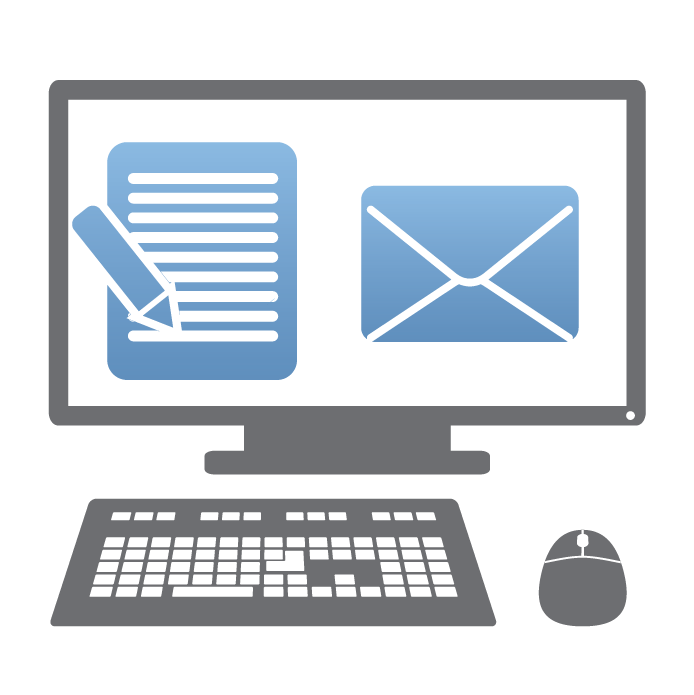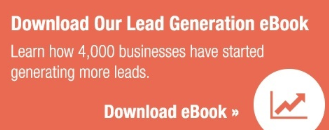 How can marketers transform passive email recipients into active leads? It's one of the most challenging questions in the world of marketing and also one of the most important. And that's because, despite all the advances in marketing technologies, email marketing still delivers the most bang for the buck. Research from Experian found that $1 invested in email marketing could yield a $44.25 return. Not to shabby.
How can marketers transform passive email recipients into active leads? It's one of the most challenging questions in the world of marketing and also one of the most important. And that's because, despite all the advances in marketing technologies, email marketing still delivers the most bang for the buck. Research from Experian found that $1 invested in email marketing could yield a $44.25 return. Not to shabby.
We propose a three-pronged strategy to address this challenge. First, marketers need to acknowledge that every email recipient is unique and at a different position in the customer purchasing funnel. Therefore, they need to segment their lists and deliver relevant content accordingly. The second element involves the nature of the email itself. It must be constructed in a way that compels recipients to read it and guide them towards a desired action. Lastly, marketers should explore the benefits of marketing automation software to help simplify this process.
The Importance of List Segmentation
First up, get a deep understanding of your existing email recipients. Where are they located in the purchasing funnel? What content and deliverables map to their location? Marketers should build trust and expertise when contacting individuals at the top of the funnel. Deliverables like white papers and customer testimonials make sense in this stage. Those at the bottom, meanwhile, who are close to converting, should receive offers like a free consultation or trial offer.
Marketers should also segment users in terms of their specific interests or products. If you're a bank, try and understand which leads care about auto refinancing versus business loans, for example. Bottom line here: by consistently pushing relevant content to leads, you're establishing credibility and expertise.
Key Ingredients of a Great eBlast
While it's something we've talked about at greater length in the past, we'll nonetheless review the characteristics of a user-friendly eBlast. They include a powerful subject line with actionable verbs like "download" or "attend," compelling images, a relatively short length, social integration so recipients can share the message on social networks, and perhaps most importantly, the call to action.
After all, the only way to guide the reader through the funnel is to get them to take a distinct action, whether it's downloading a white paper or picking up the phone. Provide them with a clear and logical path forward, again using actionable words like "download," "register," "try it now," etc.
Generating Leads Through Marketing Automation
Fortunately, much of aforementioned work can be automated. A marketing automation platform lets your team create and schedule these emails in advance. HubSpot's system, for example, lets you create a CTA from inside the system. Furthermore, when new leads enter the pipeline they can be easily integrated into existing segments. Marketing automation also takes into account all lead interactions across multiple channels, not just email. So if a specific lead views a specific product page on your Web site, your team can craft an eBlast attuned to these needs. Click here for a closer look at the power of marketing automation.
What do you think? What are other ways to convert eBlast recipients into leads?





